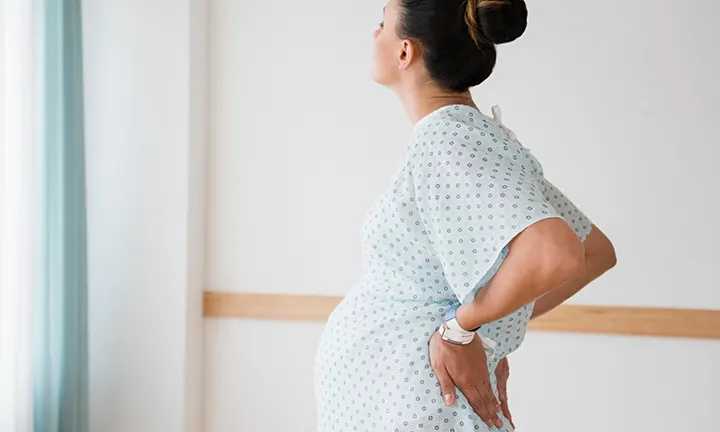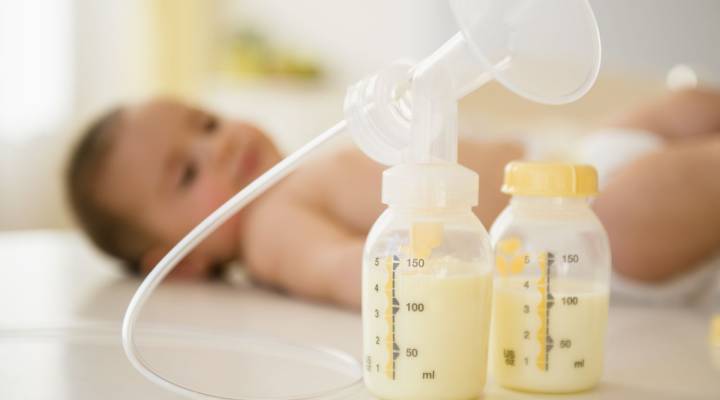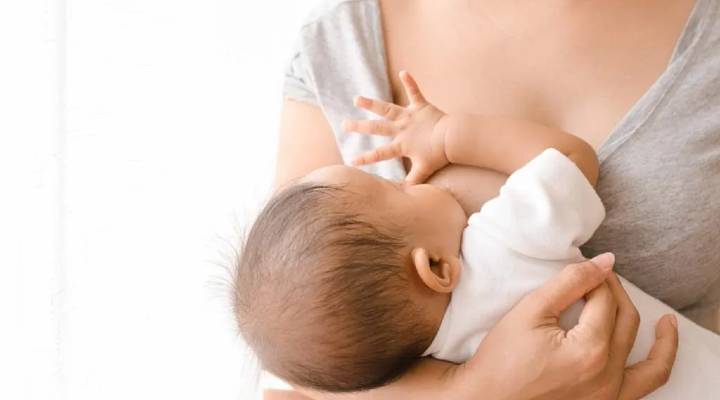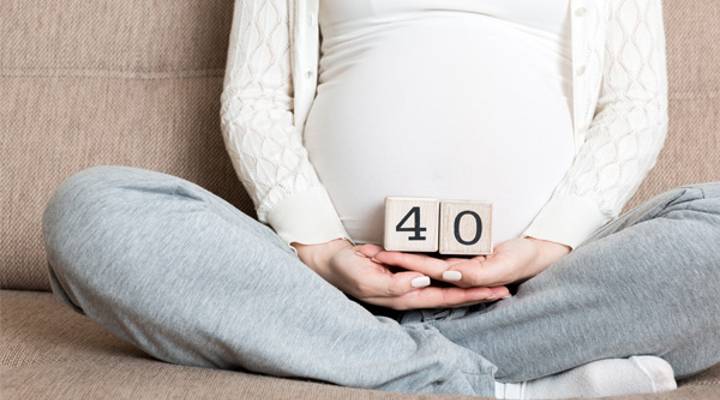Can bad weather induce early labour? Here’s What to Know

We live in an era where every weather is on its extreme. In the recent weeks, India has experienced a heatwave with record-breaking temperatures and similarly, winter reached its lowest temperatures in many states. People are concerned how these drastic weather changes may affect their health, immunity and well-being. Many health experts have also shown concerns indicating a connection between bad weather and early labour.
Effect of barometric pressure on labour
Simply explained, barometric pressure is the weight of the air above us. It varies depending on environmental parameters such as temperature, humidity, and altitude. In general, dropping barometric pressure indicates stormy or wet weather, and rising barometric pressure indicates pleasant weather. It is commonly assumed that pressure variations between the inside and outside of your body might cause symptoms.
Although there is little scientific evidence that severe weather may cause labour, there have been incidental observations globally, by midwives and some obstetricians. They have observed that a drop in temperature might cause labour by triggering a premature rupture of membranes. In India, it should be noted that preeclampsia and eclampsia, which is hypertension caused during pregnancy and is accompanied by convulsions, have a linkage to the monsoon weather. We have observed that incidence of preeclampsia and eclampsia increases during monsoon.
Hot temperature and early labour
Hot and humid environments in the tropical region can cause dehydration and exhaustion, which can lead to hospitalisation and labour in some situations. Fortunately, today’s healthcare facilities enable patients in India and throughout the world with the convenience of controlling their body temperature at home with temperature-modifying devices. People in extreme cold use heaters, whereas those in extreme heat use air conditioning. As a result, it has little effect on the patient’s labour cycle. However, in today’s evidence-based medical era, these are only observations made without specific scientific evidence.
Leptospirosis and Malaria
In India, the challenges begin with leptospirosis- an infectious disease which spreads through water contaminated with rat urine. The disease can spread through gaps/ cuts in feet or nails. If a pregnant woman walks in ankle-deep water contaminated with rat urine, the bacteria can enter through breaks or cuts.
The possibility of leptospirosis, therefore, is very high. Women should be cautious if they live in a region where malaria is prevalent, and platelets and fevers should be closely monitored.
Additional for monsoon:
Pregnant women must be cautious about the footwear they wear to avoid slipping on granite surfaces. Unfortunately, most hospitals do not utilise the anti-skid material that should be used. It is critical to avoid the potential of a patient slipping and falling in order to avoid any obstetric mishaps. It is also important to not forget Covid and practice all the necessary precautionary measures and sanitization.
The most essential thing is to maintain health and a good level of vitamin D3, B12, calcium, sugar, thyroid, and a full blood count with a healthy haemoglobin to ensure that immunity is high. A healthy diet, lifestyle changes, and maintaining a healthy weight are all beneficial for a healthy pregnancy.







